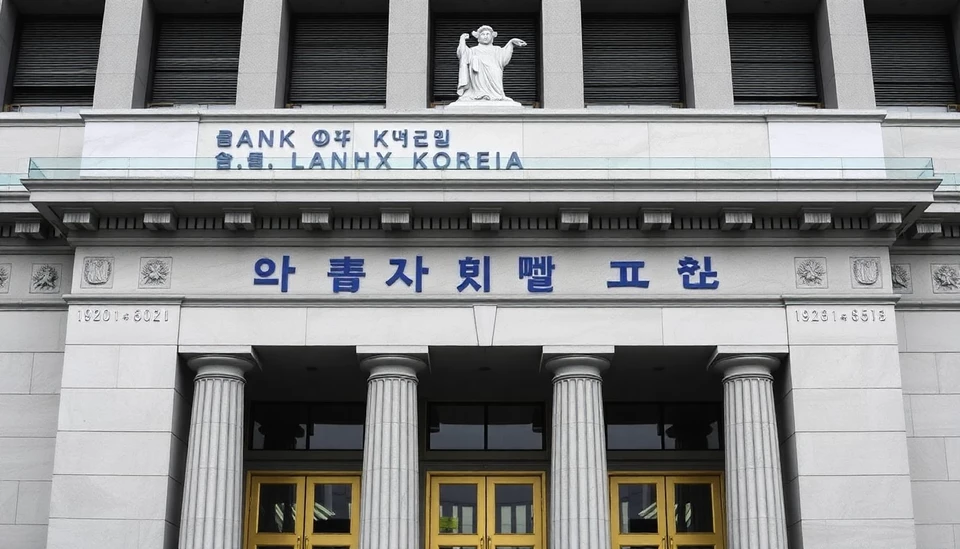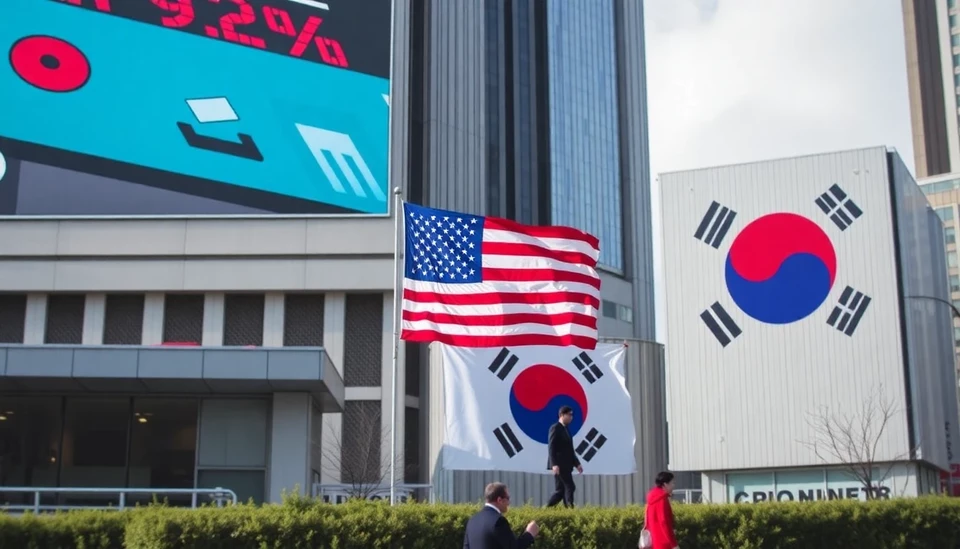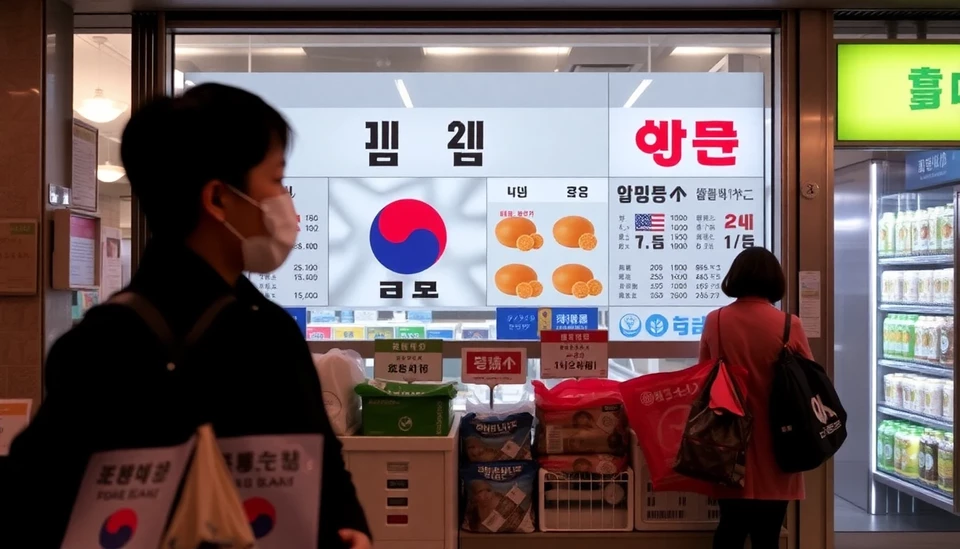
The Bank of Korea (BOK) has decided to maintain its current interest rates, despite a notable increase in inflation and recent volatility in the South Korean won. This decision comes as the central bank aims to balance the growing economic pressures without compromising financial stability.
In its latest monetary policy meeting, the BOK evaluated the latest economic indicators, which showcased an uptick in inflation rates that surpassed expectations. The central bank noted that consumer prices had risen, influenced heavily by elevated energy costs and persistent supply chain disruptions. The year-on-year inflation rate has led to concerns about the purchasing power of consumers and overall economic performance.
Concurrently, the South Korean won has been experiencing fluctuations, contributing additional complexity to the financial landscape. As the dollar strengthens globally, the won has struggled to maintain its value, posing challenges for imports and affecting domestic businesses that rely on foreign goods. This tension between inflation and currency stability has placed significant pressure on the BOK to act decisively.
The BOK's decision to hold rates steady is seen as an effort to avoid exacerbating financial strains. Raising interest rates could potentially dampen economic growth at a time when recovery is still underway post-pandemic. However, the bank remains vigilant, closely monitoring both inflationary trends and currency stability, ready to adjust its policy if necessary in the upcoming months.
Experts and economists are divided on the implications of this steady rate stance. Some assert that maintaining current rates will provide a buffer against further economic disruptions, while others believe it may not be enough to combat the mounting inflationary pressures. As the economic scenario evolves, the BOK faces a critical balancing act between fostering growth and ensuring stability.
In summary, the BOK's decision reflects a cautious approach aimed at navigating through uncertain economic waters, with an eye towards future adjustments depending on how inflation and the won's value develop in response to domestic and international market dynamics.
For market analysts and stakeholders, the outcome of this decision emphasizes the importance of strategic planning in an unpredictable economy, where inflationary trends and currency valuation could swiftly alter the business landscape.
As debates around fiscal policy and economic management continue, all eyes will be on the BOK to see how its strategies will unfold amidst ongoing challenges in the global economy.
#BankOfKorea #InterestRates #Inflation #SouthKorea #Economy #CurrencyFluctuations #FinancialStability #MarketAnalysis #EconomicTrends
Author: Daniel Foster




